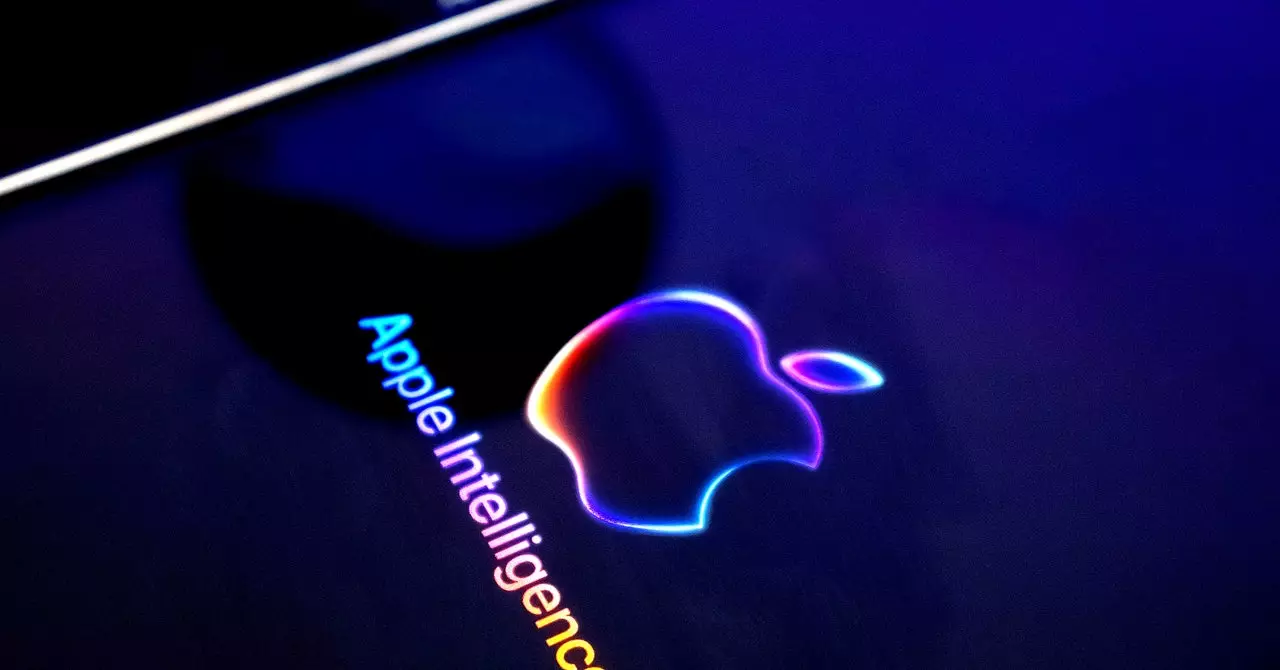Privacy and security have always been at the forefront of discussions surrounding artificial intelligence (AI) in smartphones. Google, along with its hardware partners, has constantly reiterated its commitment to ensuring user data protection in its Android AI approach. VP Justin Choi from Samsung Electronics highlights the hybrid AI system, emphasizing the users’ control over their data and the uncompromising privacy offered. The on-device AI features add another layer of security by processing tasks locally on the device without the need for cloud servers. Google emphasizes robust security measures in its data centers, ensuring that user data stays within its secure architecture and is not shared with third parties. Moreover, Galaxy’s AI engines are not trained with user data from on-device features, adding an extra level of assurance to users.
Samsung introduces Advanced Intelligence settings, allowing users to disable cloud-based AI capabilities if desired. This move empowers users to make informed choices about their privacy preferences within the device. Google also emphasizes its long history of protecting user data privacy, stating that its AI features prioritize security and privacy by default. The company uses on-device models for sensitive cases to ensure that data never leaves the phone. Suzanne Frey, vice president of product trust at Google, reiterates the importance of building AI-powered features that users can trust, following responsible AI principles championed by Google.
While Google focuses on a hybrid AI approach, Apple’s strategy takes a different stance, fundamentally changing the conversation around AI privacy. Experts note that Apple’s emphasis on on-device, privacy-first AI processing sets a new standard in the industry. Apple’s commitment to privacy is evident in its recent partnership with OpenAI, despite concerns raised by some about potential compromises in iPhone security. Apple assures users that privacy protections are built into the ChatGPT feature, ensuring that user queries are not shared without consent. The decision to partner with OpenAI reflects Apple’s dedication to innovation while maintaining user privacy and security.
As technology continues to evolve, the battle for privacy in AI will undoubtedly intensify. Both Google and Apple are striving to set industry standards for secure and private AI features in smartphones. While Google emphasizes control and security in its hybrid AI approach, Apple’s on-device processing and privacy-first strategy offer a unique perspective on data protection. Ultimately, users will benefit from increased transparency and choice in managing their data privacy on smartphones. As the AI landscape continues to evolve, it is essential for tech companies to prioritize user trust and data security in their products.


Leave a Reply